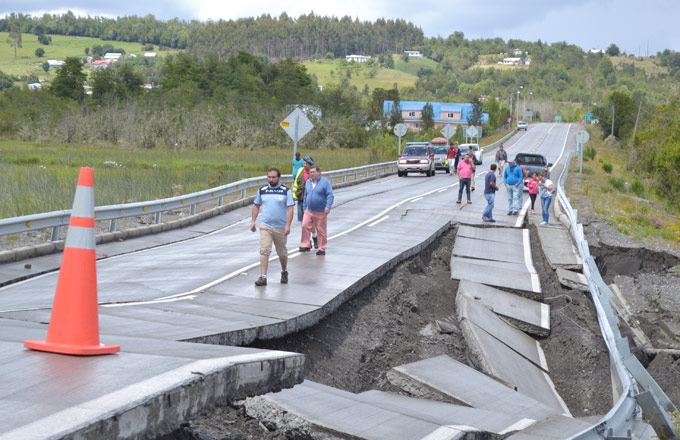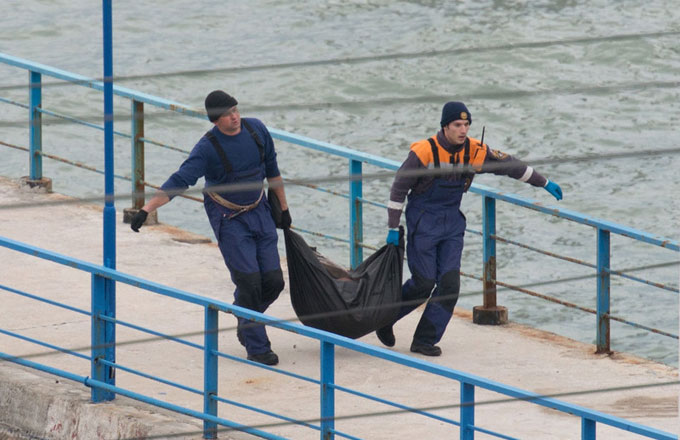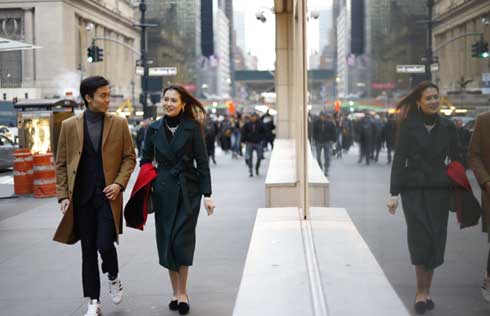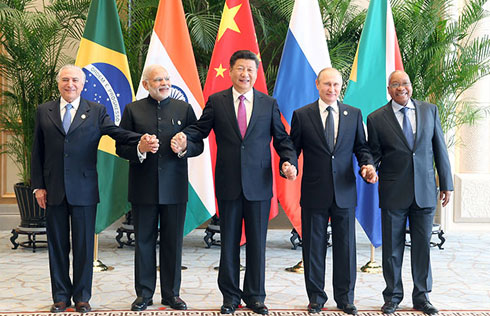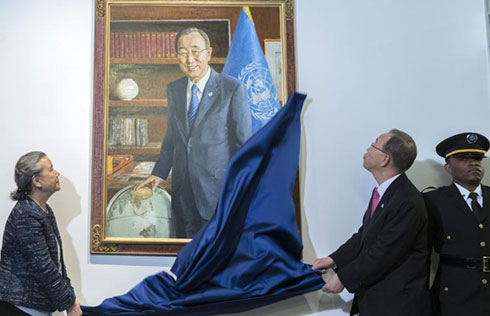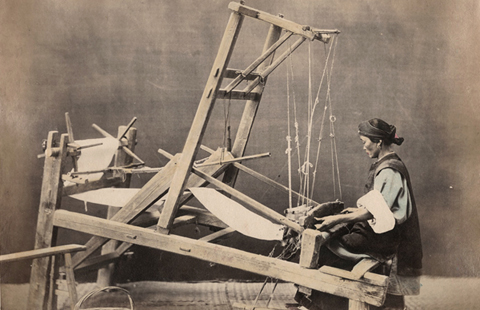Abe's duplicitous visit to Pearl Harbor more about forgetting than reconciling
TOKYO -- Japanese Prime Minister Shinzo Abe's visit to Pearl Harbor which will culminate with a final summit with outgoing US President Barack Obama on Tuesday will see the Japanese leader take part in a remembrance ceremony at the USS Arizona monument where thousands of US sailors and marines were killed in a surprise attack by Japan on Dec 7, 1941.
It was this sneak attack that was a catalyst for the United States to join World War II and emerge victors with the eventual nuclear bombings of Hiroshima and Nagasaki in Japan that forced Japan's unconditional surrender, a historical fact that to this day does not sit well with some rightist factions with significant political sway here and wholesale revisionist intentions.
The visit to Pear Harbor by Abe, which was previously hailed by the foreign ministry here as being the first by a Japanese prime minister, is in fact not, according to latest government saying. Some political observers thus question the ministry's own understanding, or at least, publicization of its own history, as Japan is, under Abe's leadership, aggressively trying to have its historical wrongdoings rewritten, or, better yet, forgotten.
"When Japanese Prime Minister Shinzo Abe makes his visit to Pearl Harbor, just after Christmas, it will be a dovish act that masks a hawkish intent," said political watcher Joji Sakurai, in a recent article on the matter.
"Pragmatism appears to be tempering Mr. Abe's rightwing instincts, which include an alarming penchant for historical revisionism regarding wartime Imperial army depredations. Yet it may be argued that this very pragmatism is driven by a conservative agenda," Sakurai continued.
"Mr. Abe's dream is to revise Japan's pacifist constitution, drawn up by the US under postwar occupation, so allowing the country to have a real army. The thumping majority in parliament's upper house that the prime minister won in July has allowed him to test the waters on achieving that goal," added Sakurai.
Sakurai and other experts on the matter have been quick to point out that Abe's Pearl Harbor trip will come with no apology for Japan's savage attack in 1941 and is, shrewdly, a duplicitous move by the hawkish leader to earn bonus points at home from the electorate, particularly following the disappointing outcome for Japan following Abe's recent meeting with Russian President Vladimir Putin.
Abe will also be able to appease his ultra-rightwing backers by sticking to a revisionist agenda and not apologizing for Japan's wartime atrocities, not just regarding Pearl Harbor, but all the countries before, during and after WWII, who were brutalized by the Imperial Japanese Army, while simultaneously showing Japan's renewed commitment to its alliance with the US as future ties remain equivocal under the incoming administration led by President-elect Donald Trump.
This multi-faceted strategy, in fact, has not been denied by Abe, who will also be looking to up his support rate ahead of an imminent lower house election, after which the rightist leader will further his plans to remilitarize Japan with a "clean historical slate" by way of a referendum on revising the nation's pacifist constitution.
- Abe's Pearl Harbor gambit is not likely to pay off
- Commentary: Abe should show more sincerity, play less tricks during visit to Pearl Harbor
- Abe's Pearl Harbor gambit is not likely to pay off
- Commentary: Abe's upcoming visit to Pearl Harbor won't change Japan's pursuit of militarism
- US reflects on Pearl Harbor Day
- Commentary: Abe's planned Pearl Harbor visit is by no means admission of Japan's war responsibility
- Abe's visit to Pearl Harbor called 'hypocritical gesture'








